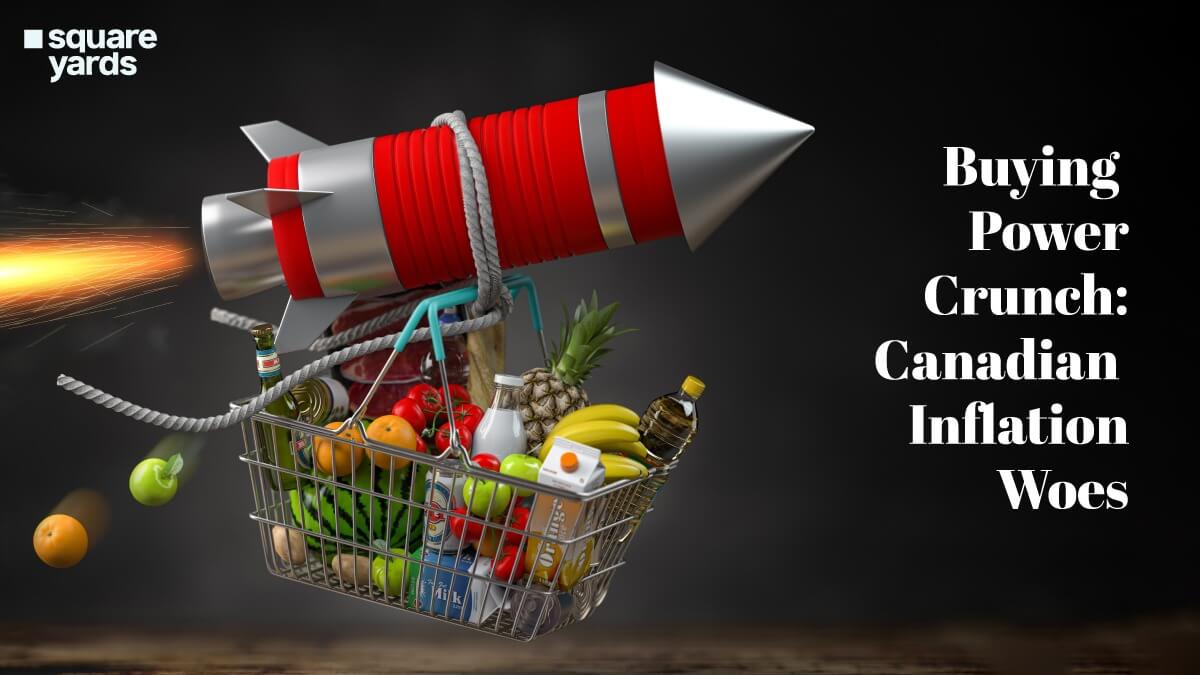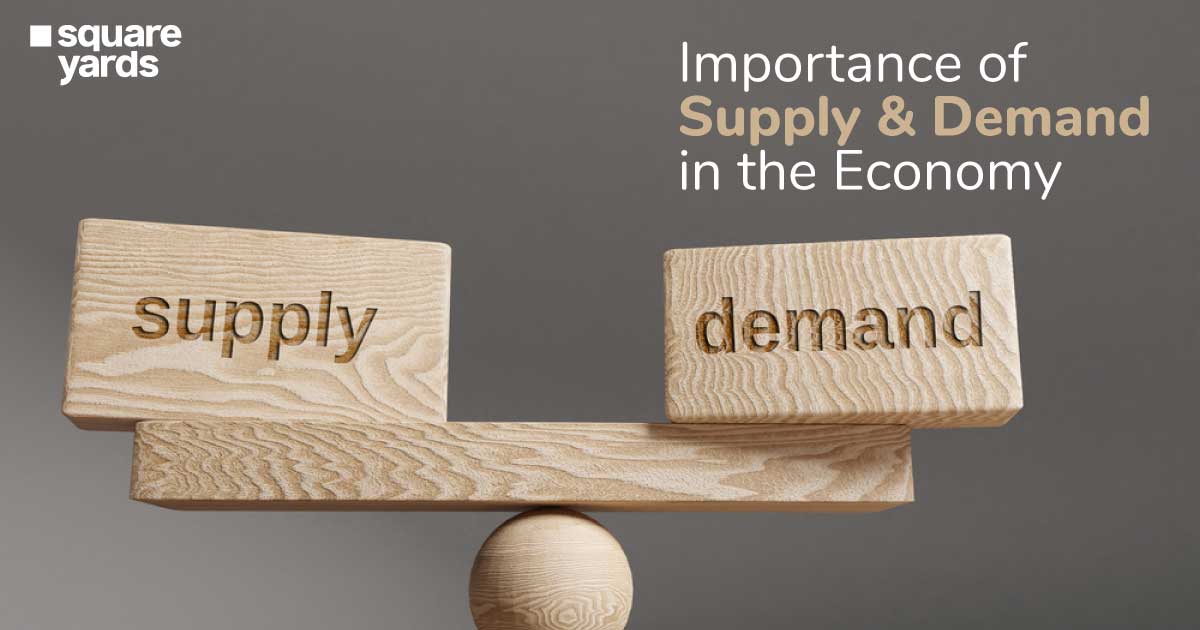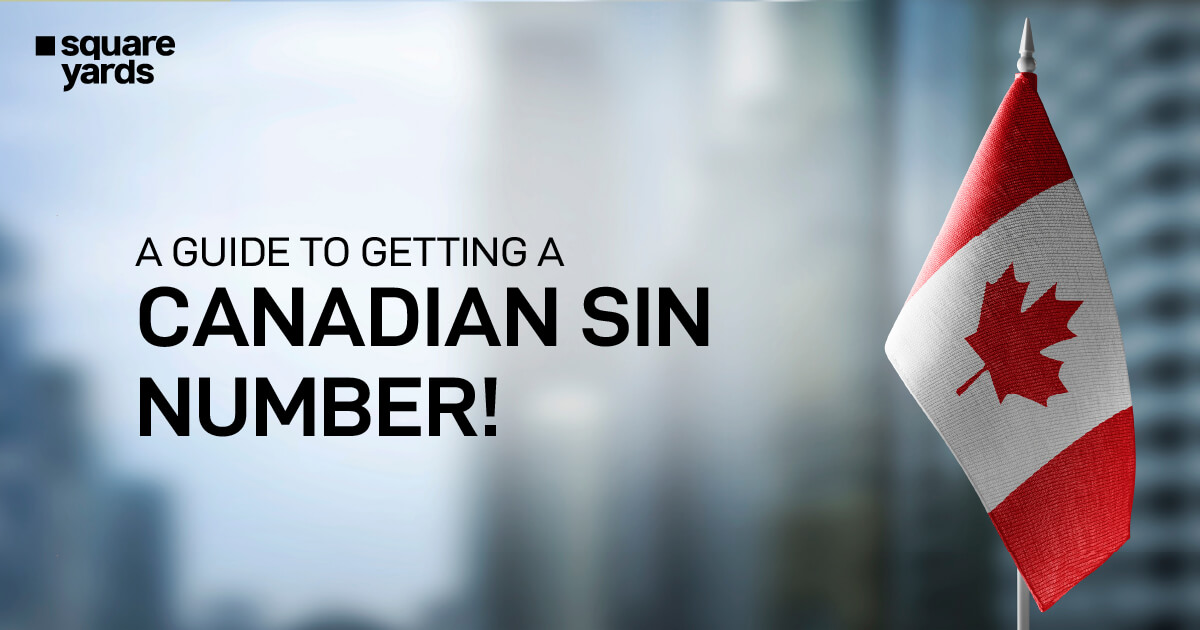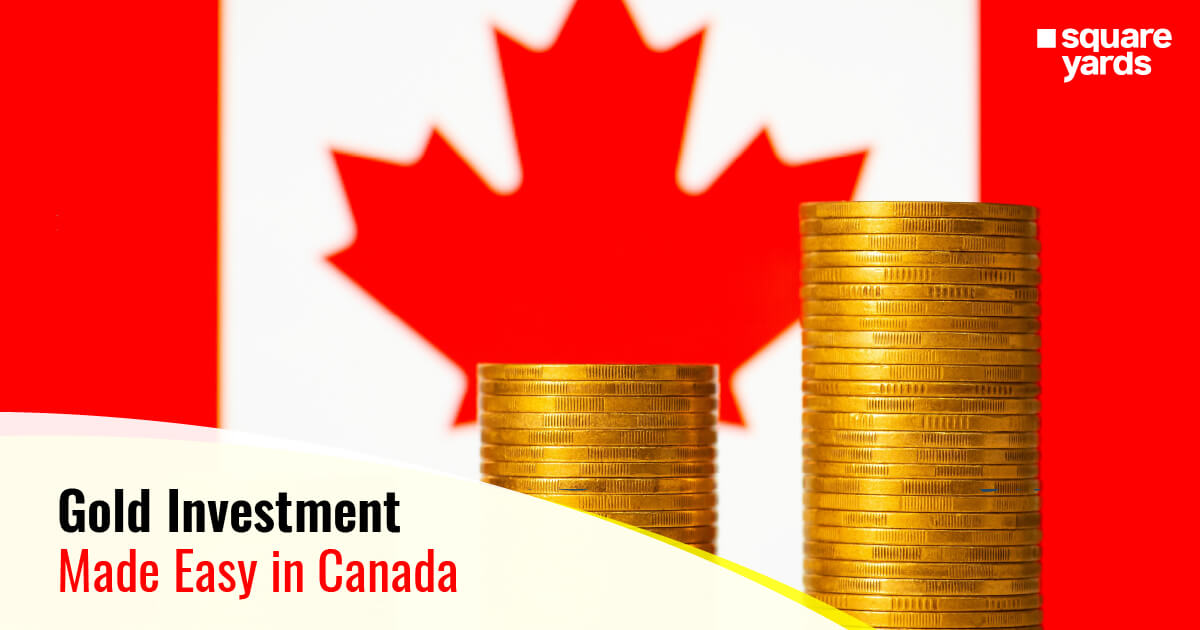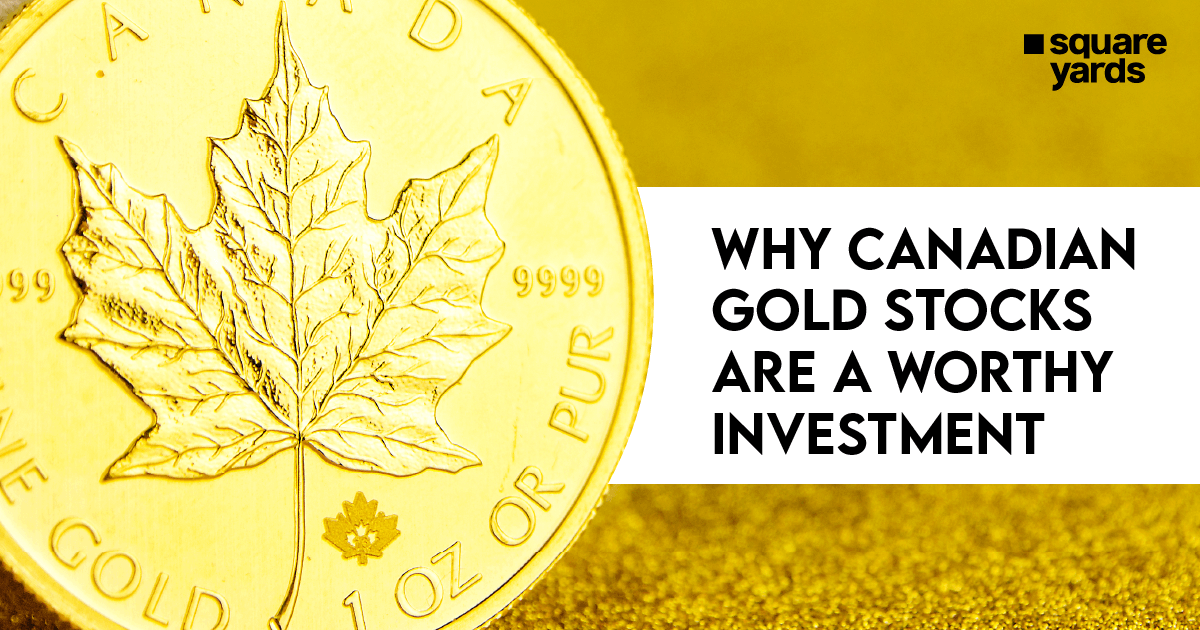Inflation is always looked at as a stop to the economy and livelihoods, but every thing have a different angle. And so does inflation, sometimes it helps you gain something very fruitful for you and your family securing everyone’s future. to make you over the moon, and as we know, everything takes pros and cons. Canada Inflation measures how expensive a set of goods and services and purchasing power has become over a certain period of time.
Inflation rates fluctuate over a period of time. Inflation spreads into a broad concept, and it reflects economic growth like jacking up prices or the cost of living in a country. However, it can also be a whisker for specific commodities and services, like chattel. Whatever the context, inflation represents how much more expensive the relevant goods and services have become over a certain period, most commonly a year.
Inflation in Canada
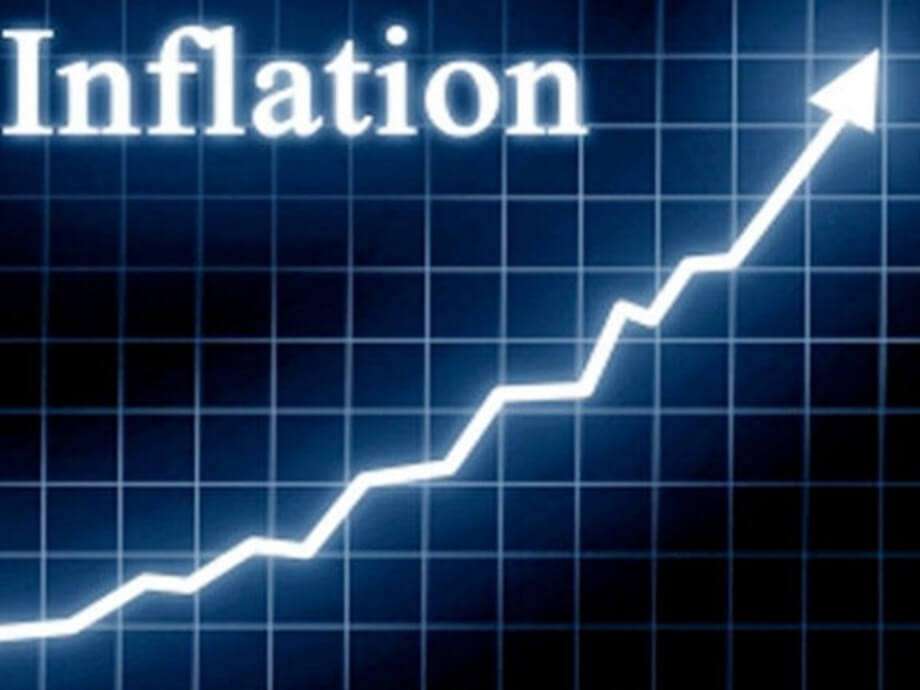
If Canada’s inflation rate is raised by 2% annually, it helps stimulate economic growth and contributes to the global economy and development. If the inflation rate is higher than the expected rate of people then issues lie. That is currently happening in Canada. Instead of inflation sitting at 2%, as of January 2023, the Canada inflation rate was 5.9%. let’s go take a short and sweet note, How can Canadian folk’s inflation crimp your buying power in 2023? Picture a tangled web of supply chain disruptions and surging demand, where inflation emerges as the star. It’s like a chain reaction, causing a ripple effect that touches everything. While fluctuating commodity prices play a part, the primary cause is the delicate balance of supply and demand. It’s a fascinating dance that shapes inflation, impacting our daily lives unexpectedly.
When we dive into monetary policy, specifically the two pillars that shape the Bank of Canada’s approach: the inflation-control target and the flexible exchange rate. With the current inflation rate soaring at 5.9%, surpassing the desired monetary policy range of 1%-3%, it’s time to take action and tackle this challenge head-on. Interestingly, this level of inflation hasn’t been witnessed in over a quarter of a century. It’s a critical moment that calls for strategic measures to reign in these rising prices and ensure stability for all.
Measuring and Keeping Track of Inflation

Over time inflation and interest rates fluctuate time by time, it’s essential to check out the prices of things and keep an eye on things as they keep going up. There are plenty of programs and organizations that keep track of this data. imagine a magical tool called the CPI inflation rate on purchasing power calculator, also known as the consumer price index calculator. It has the incredible ability to measure inflation from as far back as 1914 until today. This nifty gadget reveals the rising costs we face as consumers, capturing just a fragment of the bigger inflation picture. It’s fascinating to see how prices have evolved over time, offering a glimpse into the ever-changing economic landscape that shapes our daily lives.
Canada is also a major player in the Economic Co-operation and Development Organisation, and at the same time, it doesn’t directly affect the Canadian inflation rates, they do emphasize promoting stability and economic prosperity. the Department of Finance also keeps tabs on inflation rates and the nation’s economic growth by examining private sector estimates. These are also utilized to support the annual federal budget.
How to Combat Inflation?
To control Canadian inflation, the Bank of Canada must raise interest rates. This leads other banks to do the same, which slows down spending and lowers inflation. However, in the short term, it can affect our daily lives, especially borrowing costs. So, during this adjustment period, it’s important to remember that these actions aim to keep prices stable, even if they cause temporary changes.
How Increased Rates Directly Affect the Canadian Citizens?
In Canada in 2023, rising inflation has significantly impacted purchasing power. As prices continue to climb, the ability to buy goods and services diminishes. With each passing day, the value of our hard-earned money seems to shrink, making it increasingly challenging to afford the things we need and desire. The erosion of purchasing power affects our immediate financial decisions and our long-term financial goals. It’s a constant battle to keep up with the escalating costs and ensure that our wages keep pace with the ever-increasing inflationary pressures. In this landscape, finding ways to stretch our dollars becomes crucial, as we strive to maintain a decent standard of living amidst the relentless rise in prices.
The Ability to Purchase During Inflation
As inflation skyrockets in Canada and prices stubbornly remain high, countless Canadians find themselves caught in the struggle to make their financial ends meet. Numerous people are forced to explore mortgages to survive rather than chase their desire for property due to the tangible impact on purchasing power. The combination of soaring daily expenses, meagre wage increases, escalating interest rates, and stricter mortgage regulations creates a daunting reality. Consequently, the allure of leaving the rental market diminishes, as those who do seek to transition often face sacrifices in order to bridge the gap between their income and expenses.
You May Also Read :
| Guide To Canadian Gold Stocks | Canadian Gold Stocks |
| All About Gold Investment in Canada | Gold Investment in Canada |
| Understand Gold Price in Canada | Gold Price in Canada |
| Know About Housing Market in Toronto | Housing Market in Toronto |
Frequently Asked Question (FAQs)
The yearly inflation rate in Canada increased to 4.4% in April 2023, up from a 19-month record of 4.3% the previous month, exceeding market estimates of 4.1% and reigniting fears of a hawkish Bank of Canada.
The prediction of growth in real GDP is assumed to slow from 3.2% this year to 1% in 2023 before strengthening to 1.3% in 2024. The Bank of Canada also forecasts growth to stall at 0.1% this year before accelerating to 1.8% in 2024.
Now, I could not find any information that correctly predicts data for 2025 in Canada.
To beat inflation in Canada, you can fix and make a budget list, invest in stocks or real estate, pay off debt, buy used or borrow, cook at home, tidy up your insurance products, and travel during off-peak times. What is the inflation rate expectation for Canadians in 2023?
What is the economic prediction for 2024 in Canada?
How bad will inflation be in 2025?
How can you beat inflation in Canada?

